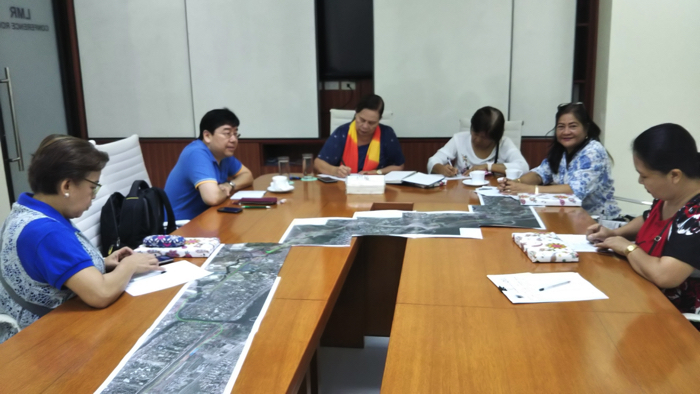- Project Leader : Nishimura Kenichi (Osaka University, Center for International Education and Exchange)
- Collaborators : Okamoto Masaaki (Kyoto University, Center for Southeast Asian Studies)
- : Nagai Fumio (Osaka City University, Graduate School of Law)
- : Kobayashi Jun (Seikei University, Faculty of Humanities)
- : Kagoya Kazuhiro (Kanto Gakuin University, College of Law)
- : Kikuchi Masao (Meiji University, School of Business Administration)
Outline of Research
This study is based on public opinion surveys of local governance conducted from 2015 to 2018 in Java in Indonesia and the Philippines (excluding local governments in former Autonomous Region in Muslim Mindanao). The surveys were conducted by the group of applicants with the financial support of the Grant-in-Aid for Scientific Research. This study aims to 1) explore residents’ perceptions of local governance and politics in both countries, 2) analyze the relationship between local governments’ performance and public participation, 3) analyze the relationship between residents’ satisfaction of the performance of local governments and actual performance of local governments, and 4) compare results of analysis from both countries to identify the factors that affect local governments’ performance. To this end, we conduct a statistical analysis to confirm the relationship between the performance of local governments and residents’ opinions of local governance and politics, the strength of public participation, the density of community networking, and life satisfaction.
Description
This study analyzes the following: 1) the relationship between residents’ participation in local networks and the performance of local governments, 2) the relationship between local government performance and local residents’ relationship with local government, 3) the relationship between local residents’ evaluation of their local chief executive and the local government’s performance and their participation in local networks, life satisfaction, values, and attitudes towards politics, and 4) the effect of local government performance on residents’ satisfaction and social welfare. By combining the results of this study and results derived from the elite survey that the group of applicants conducted in Indonesia and the Philippines during 2011-2012 with the support of the Grant-in-Aid for Scientific Research, we will create a comprehensive picture of local governance in Indonesia and the Philippines, two countries that have been pioneering democratization and decentralization in Southeast Asia.
Statistical analysis of the data collected through our survey presents new facts about the general tendencies of resident involvement in local governance by analyzing factors on the residents’ side that influence the performance of local governments. Furthermore, the study provides a comparative perspective by analyzing both Indonesia and the Philippines, thus revealing common elements that have the potential to improve governance. Finally, this study also investigates how government effectiveness impacts citizen participation, and vice versa.
The study is significant in three ways. First, it clarifies the relationships between local residents and local governments through statistical analysis based on quantitative opinion surveys, providing new insights to the study of local governance in Indonesia and the Philippines. The decentralization of the two countries, while promoting the participation of the public, has added a complex dimension to local politics and public administration, such as urging elite interests to seize local power and strengthen rent seeking. Due to this reality, various case studies and generalizations have been attempted based on these case studies. However, to date, no statistical analysis has been conducted based on a large-scale quantitative survey.
Second, the questionnaires used in this study are more comprehensive than previous studies, as they include data about political perceptions of local residents, performance evaluations of local governments, local resident participation in local governance, ways in which residents network, and daily lives. Making good use of these questionnaires, we perform a comprehensive analysis of the relationship between residents and local governments in these two countries.
Third, the comparative nature of the study establishes a certain degree of universality as to how the progress of democratization and decentralization in Southeast Asia affects local governance.
 Interview with former Vice Governor of Banten, Indonesia |
 Interview with the members of a city development council in Cavite, Philippines |
